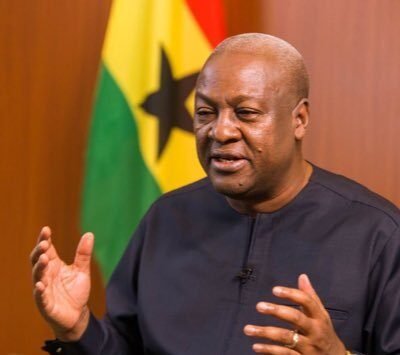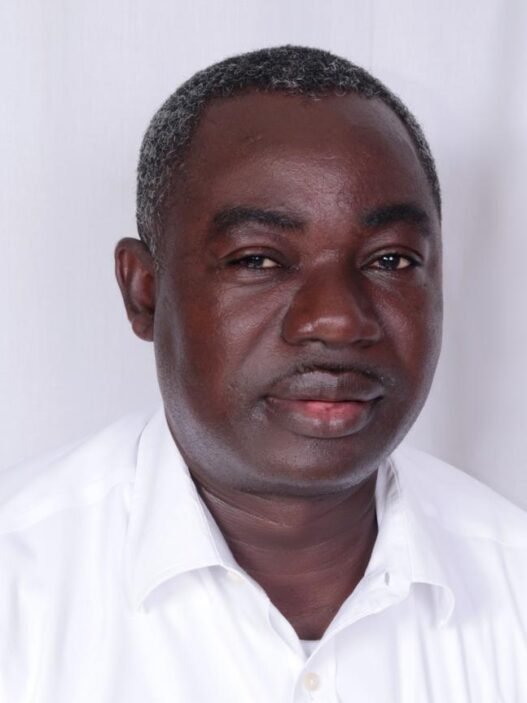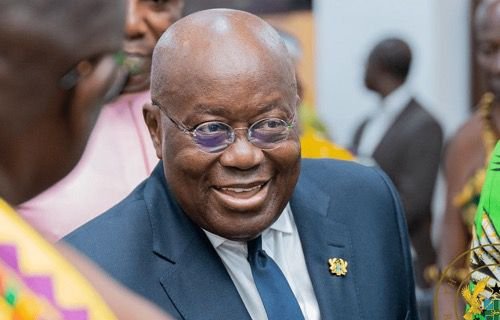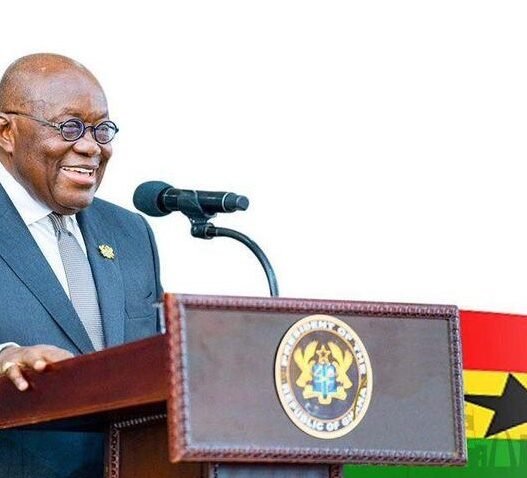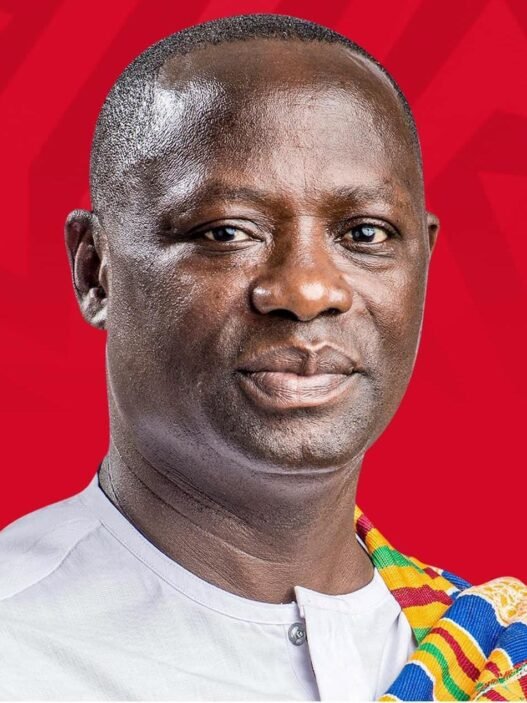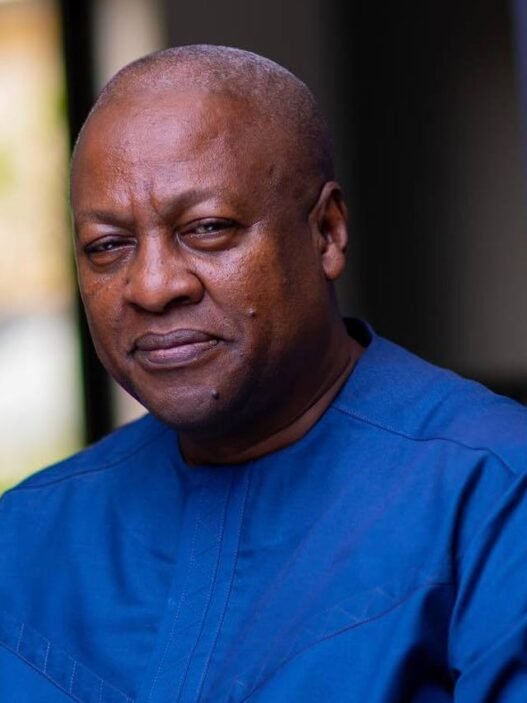Following a landmark victory in Ghana’s 2024 general elections, President-elect John Dramani Mahama is set to implement one of his most ambitious anti-corruption measures: Operation Recover All Loot (ORAL). As part of his 120-day social contract, this initiative aims to recover misappropriated state resources, prosecute offenders, and overhaul the systemic corruption that has plagued Ghana’s public sector for years. In this article, we explore the structure, mandate, and potential challenges of ORAL, offering insight into how it could reshape governance in Ghana.
The ORAL Initiative: What Does It Stand For?
Operation Recover All Loot (ORAL) is a comprehensive anti-corruption initiative designed to tackle corruption at its roots. Key aspects of the initiative include:
- Investigating Alleged Corruption: The formation of a specialized task force to investigate suspected corruption cases, especially during the tenure of the New Patriotic Party (NPP) government. The focus will be on uncovering illicit activities and uncovering stolen public resources.
- Recovering Stolen State Resources: ORAL seeks to trace and recover misappropriated public funds and assets. Recovered resources will be redirected to fund national development projects aimed at benefiting all Ghanaians.
- Prosecuting Offenders: The NDC has committed to bringing those guilty of corruption to justice, regardless of their political affiliation. This includes members of the previous NPP government and others implicated in corruption during future administrations.
The initiative is not just a political promise but a cornerstone of Mahama’s leadership vision. According to Malik Basintale, the Deputy National Communications Officer of the NDC, ORAL represents a defining trend in the party’s governance strategy, one aimed at securing Ghana’s future by rooting out corruption.
The Political Climate: A Historic NDC Victory
The 2024 elections were a turning point in Ghana’s political history. With a supermajority in Parliament, the NDC secured more than two-thirds of the seats, enabling them to implement laws and policies with unprecedented ease. This strong mandate strengthens the feasibility of the ORAL initiative.
Mahama’s return to power reflects widespread voter dissatisfaction with the NPP government, particularly regarding perceived mismanagement and corruption scandals. With a renewed focus on transparency and equity, ORAL could potentially transform Ghana’s governance structure by promoting accountability.
The initiative is one of the critical elements of Mahama’s 120-day agenda, which outlines immediate actions his administration plans to take to restore integrity to Ghana’s public sector. Joyce Bawah Mogtari, Mahama’s special aide, stated that ORAL symbolizes the NDC’s commitment to ensuring public administration operates with honesty and transparency.
Key Strategies for Implementing ORAL
The NDC government is already laying the groundwork for ORAL’s execution with a clear set of strategies:
- Formation of the ORAL Committee: This task force will comprise investigators, legal experts, and recovery agents. Samuel Okudzeto Ablakwa, a key NDC figure and the Chairman of the committee, will lead the initiative. Ablakwa has emphasized the importance of the team working pro bono, with no salaries, allowances, or public funding involved. This is intended to avoid any burden on taxpayers and showcase the team’s dedication to public service.
- Collaboration with Investigative Bodies: The ORAL task force will collaborate with several national and international organizations to track stolen assets. These include the Auditor-General’s office, Economic and Organized Crime Office (EOCO), and other anti-corruption bodies.
- Asset Tracing and Recovery: The task force plans to utilize forensic accounting methods, whistleblowers, and tips to track and recover stolen assets, including those hidden in offshore accounts. The team’s goal is to return these resources to the national treasury and use them for public development.
- Legislative Reforms: To ensure the program’s success, the NDC plans to pass laws that prevent public officials from acquiring state property and introduce stricter penalties for corruption. This legislative action will reinforce the effectiveness of ORAL and ensure its long-term success.
Legal and Institutional Challenges
Although ORAL is poised to make significant strides, several challenges must be addressed to ensure its success:
- Perceived Political Bias: Some critics fear that ORAL could be used to target political opponents. However, Malik Basintale has assured the public that the task force will remain impartial and will hold everyone accountable, including members of the NDC who may be found guilty of corruption.
- Resistance from Corruption Beneficiaries: Those implicated in past corrupt activities may resist the recovery process, leading to potential legal battles. Powerful individuals and corporations that have benefited from corrupt practices may put up a fight, making the recovery process lengthy and complex.
- Institutional Support: ORAL’s success depends on the strength and independence of investigative bodies like EOCO and the police force. Without independent and competent institutions, ORAL’s efforts could be stymied by internal resistance or political interference.
Public Reception and Expectations
The public is watching closely, with high expectations for ORAL to deliver tangible results. Many Ghanaians are frustrated by the long-standing corruption scandals that have marred the NPP government, including the PDS Electricity Concession issue, the Agyapa Royalties deal, and allegations of inflated COVID-19 relief expenditures.
Public figures like Sulemana Braimah, an anti-corruption advocate, have echoed sentiments about the need for genuine action. Braimah has been vocal on social media, underscoring the importance of accountability for the new government.
On platforms like Instagram, ORAL has gained traction, with many users expressing hope for a future free from corruption. However, some critics remain skeptical, questioning whether the initiative can remain impartial or if it will devolve into partisan political targeting.
Lessons from Other Nations
In many ways, ORAL resembles anti-corruption initiatives in other African countries:
- Nigeria has pursued asset recovery efforts under President Muhammadu Buhari, although some of these were tainted by accusations of political bias.
- South Africa’s Zondo Commission, which investigated state capture under Jacob Zuma, serves as an example of how transparent asset recovery initiatives can build public trust and hold officials accountable.
Ghana’s ORAL initiative can benefit from these precedents by ensuring that its processes are transparent, impartial, and guided by a robust legal framework.
Conclusion: A Test of Political Will
John Mahama’s ORAL initiative presents an ambitious attempt to combat Ghana’s entrenched corruption and restore public confidence. It is a critical litmus test for the NDC’s commitment to clean governance. The task force’s pro bono approach and transparent operations signal the administration’s dedication to ending the country’s culture of corruption.
However, for ORAL to succeed, Mahama’s government will need to address institutional challenges, ensure fair implementation, and avoid the pitfalls of political bias. As the Mahama administration prepares to take office, all eyes are on ORAL. Will it deliver on its promise of recovering Ghana’s lost treasures, or will it become another chapter in the nation’s ongoing struggle for accountability?
The answer may ultimately lie in how committed both the government and the public are to ensuring that ORAL is more than just a political tool but a genuine effort to restore integrity and trust in Ghana’s public institutions.









